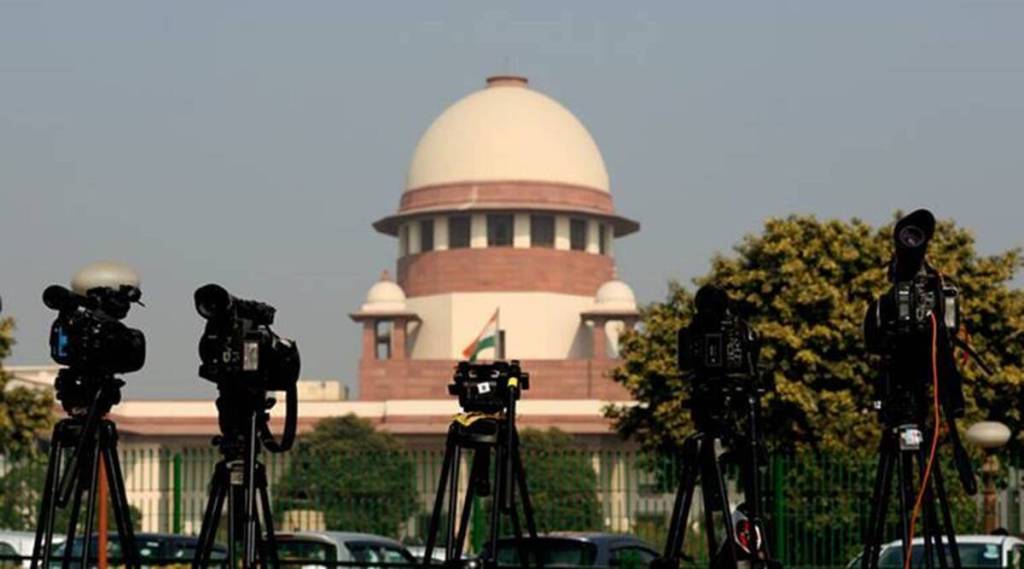In a major climbdown on its stand on the sedition law, the Centre on Monday told the Supreme Court that it has decided to re-examine and reconsider provisions of the colonial-era law. The government also urged the top court to not take up the case till the matter is being reviewed by the governement.
In a new affidavit filed in the Supreme Court, the centre saying, “In the spirit of Azadi ka Amrit Mahotsav (75 years of Independence) and the vision of PM Narendra Modi, Government of India has decided to re-examine and reconsider the provisions of Section 124A, Sedition law.”
On Saturday, the central government had defended the penal law on sedition — Section 124A of the IPC — asking it to dismiss the pleas challenging the constitutional validity of the sedition law. In a written submission, the Centre told the three-judge bench, led by Chief Justice N V Ramana, that the verdict in the Kedar Nath Singh vs State of Bihar which upheld the law was binding.
The written note submitted by Solicitor General Tushar Mehta said that the Kedar Nath Singh judgment of the Supreme Court, which upheld the validity of Section 124A, was rendered by a five-judge Constitution bench. Therefore, a three-judge bench cannot hear legal challenge to the constitutional validity of the sedition law.
The bench, on April 27, had directed the Central government to file the reply saying it would commence the final hearing in the matter on May 5 and would not entertain any request for adjournment.
Concerned over the enormous misuse of the penal law on sedition, the top court in July last year had asked the Centre why it was not repealing the provision used by the British to silence people like Mahatma Gandhi to suppress the freedom movement.
Agreeing to examine the pleas filed by the Editors Guild of India and former Major-General S G Vombatkere, challenging the Constitutionality of Section 124A (sedition) in the IPC, the apex court had said its main concern was the “misuse of law” leading to rise in number of cases.


